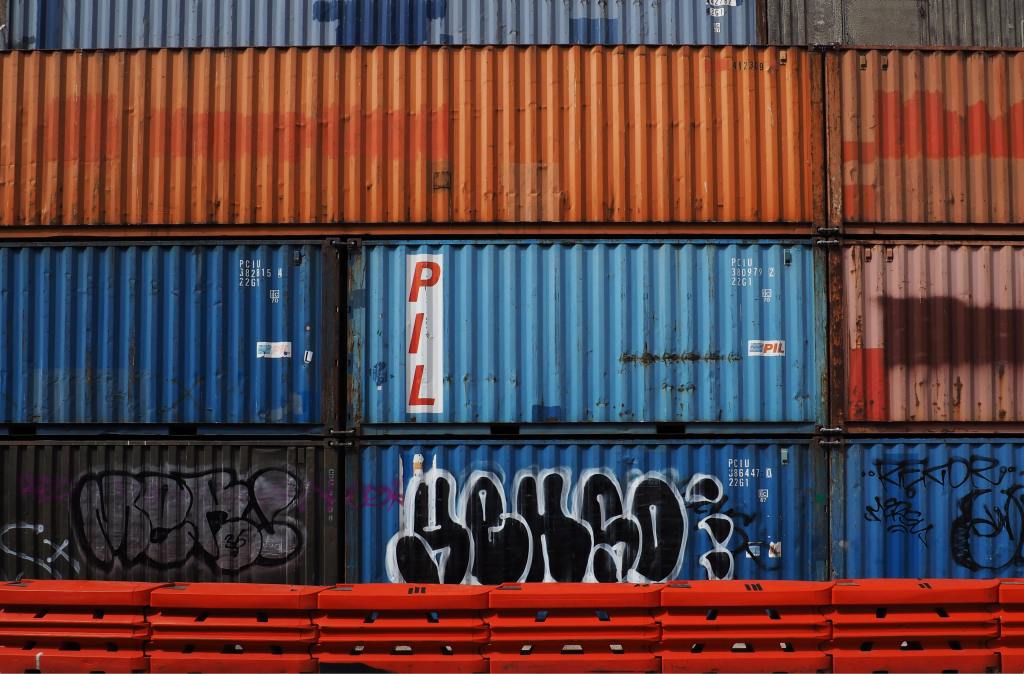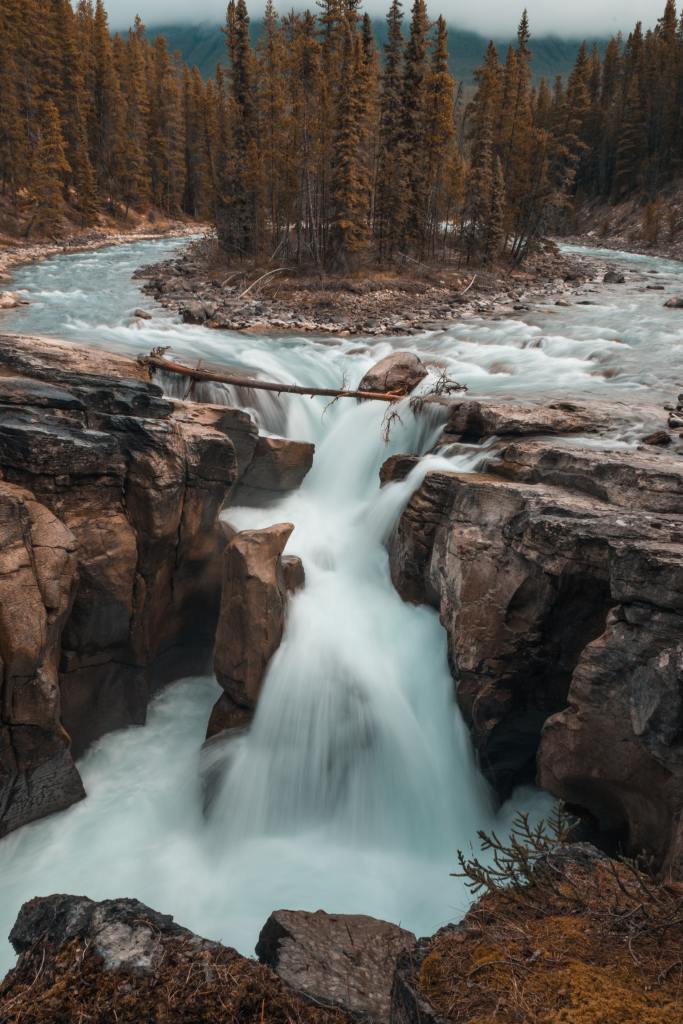Reslience isn’t about being strong
Like the proper ambulance-chasing journalist that I used to be, I enjoy watching a natural disaster from afar. I don’t mean I enjoy watching people suffer. Far from it. No, I am fascinated by the rescue, the reporting, the citizen journalism and the things people do to survive. I like a good recovery.
I have watched social media platforms like Flickr, Twitter, Facebook and WhatsApp flourish as tools for good in floods, earthquakes and wildfires. I wrote a Masters dissertation on the subject and made a career out of being a so-called ‘expert’ on social media use during emergencies.
Before COVID many people didn’t know that councils are often involved in emergency response, alongside blue light colleagues in police, fire and health. This has been the longest emergency scenario I have worked through and it has seen the biggest prolonged upheaval in my working life. The destruction may not have been on the scale of a tsunami or an earthquake but we’ve had to adapt pretty quickly to a new way of living and working.
I was full of optimism. For me working from home, no commuting, new technology and online events were all embraced wholeheartedly. We even got a long awaited COVID puppy.

My council’s recovery plan is looking at what went well during COVID, what changes made to services under lockdown can be kept, what can go and for once we are involving our citizens in the decision-making.
I was over the moon when blended learning was discussed for the schools going back after summer. My son has severe dyslexia and he prefers working at his own pace, online, sometimes in the wee small hours. I thought we’d get a shiny new 21st century model for learning so I was disappointed when it was back to business as usual in our schools. Personally I think we’re overdue educational reform – the school day, the school year and the method of delivery, but that’s a whole other blog post.
So as the country heads for local lockdowns, masks in schools and overly complicated rules that can’t be policed, I hear a lot about how well Australia and New Zealand coped with COVID and how good their political leadership is. I had two conversations in as many days about the same things and it got me wondering New Zealand and Australia have been beacons of common sense through all of this.
I’ve come to the conclusion that it’s down to lots of things. But I reckon the fact that they are developed countries that have more than their fair share of large-scale natural disasters has something to do with it.
In the UK we’ve had the odd earthquake and some localised but devastating flooding. We haven’t had anything on a scale that has made other countries set up relief funds or send over emergency responders in vast numbers.
In Australia the flooding and wildfires have been catastrophic while New Zealand has had earthquakes on a biblical scale.
When Christchurch had their last epic earthquake in 2011 there wasn’t much about life that was untouched. People were displaced, schools, universities, shopping centres were all flattened, damaged or evacuated because of the noxious fumes coming up from under the ground. If life was going to continue they were going to have to come up with novel ideas.
Shops who hadn’t previously, started trading online. Planners rethought how they would develop trading areas – if your financial institutions are all in the same district then trading grinds to a halt if the whole district disappears in the rubble.
Shipping containers were used for shops and housing. Schools and universities set up virtual campuses. Insurance companies were brought to heel when it was discovered neighbours in the same street were being treated differently.

The city’s Recovery Plan is a great read. It was developed with the city’s communities and was never about getting back to normal – it was about getting making things better than they’d been before but at the same time remembering the past and ‘interpreting’ what had happened to the city and its inhabitants. What’s more, they are still in their recovery phase – the plan covers up to 2032.
I’d say Christchurch, New Zealand and its inhabitants are resilient, not by being strong like a British bulldog with its feet firmly stuck in its imperial past greatness but by being flexible, willing to change and by thinking of the future as an almost clean slate.
If Mother Nature can change your world in the blink of an eye you get really good at starting again but ignoring the stuff that previously wasn’t working.
Which is why I can’t understand why our schools are doing their best to get back to the old normal. Or why people complain about local lockdowns. Or why this government harks back to a golden age of imperialism that didn’t really exist for the common man or woman. Or why we’re hellbent on leaving the EU because we think we’re better on our own.
To quote two ancient Chinese philosophers, Confucius and Lao Tzu:
“As the water shapes itself to the vessel that contains it, so a wise man adapts himself to circumstances.”
“Water is fluid, soft, and yielding. But water will wear away rock, which is rigid and cannot yield. As a rule, whatever is fluid, soft, and yielding will overcome whatever is rigid and hard. This is another paradox: what is soft is strong.”
60% of the adult human body is made of water so we’re more than half way to being a stream anyway. Why not be a flexible force for good rather than the ancient oak that blows over in the wind.
